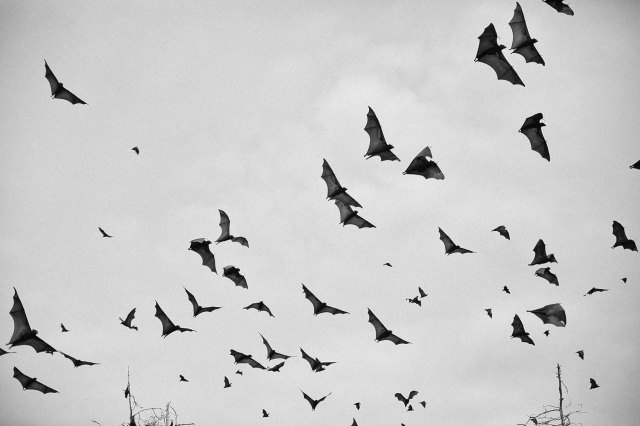The U.S. Government’s Strangest Secret Ops
Throughout history, governments have engaged in secret operations that range from the strategically sublime to the undeniably absurd. The U.S. government, in particular, has taken part in numerous clandestine projects — now declassified — that continue to inspire fascination and incredulity alike.
These operations tend to reflect the tensions (and prejudices) of the times, as well as the eccentricities of military and intelligence strategy. They underscore the lengths to which governments will go to maintain national security or undermine their rivals, while also highlighting a very particular intersection of imagination, fear, and ambition. Here are five of the strangest secret U.S. government operations.

Glowing Foxes
World War II saw an almost endless array of secret ops that ranged greatly in scope and levels of success. One of the most bizarre ideas was a program called Operation Fantasia, which aimed to scare the Japanese people with glowing foxes. It was the brainchild of Ed Salinger, a psychological warfare strategist at the Office of Strategic Services (OSS), who ran an import/export business in Tokyo before the war.
Salinger believed that Japanese morale could be devastated by exposing soldiers and civilians to “real-life” kitsune — fox-shaped, shape-shifting spirits with magical abilities from Japanese folklore, considered tricksters and potential portents of doom. Salinger outlined his idea in a discriminatory memo, arguing that Japanese people were “subject to superstitions, beliefs in evil spirits and unnatural manifestations which can be provoked and stimulated.”
Carrying out this xenophobic plan was another matter altogether. One idea involved launching fox-shaped balloons, which had whistles that simulated fox sounds and released a custom-made fox odor, to fly over Japanese villages. Understandably, this idea was deemed impractical — but the OSS didn’t stop there. They then planned on catching live foxes, spray-painting them with glowing paint, and releasing them throughout Japan. The idea made it to the testing stage, when 30 glowing foxes were released in Washington, D.C.’s Rock Creek Park to gauge the reactions of the locals. The project grew ever more bizarre and unfeasible, until it was eventually abandoned.


















